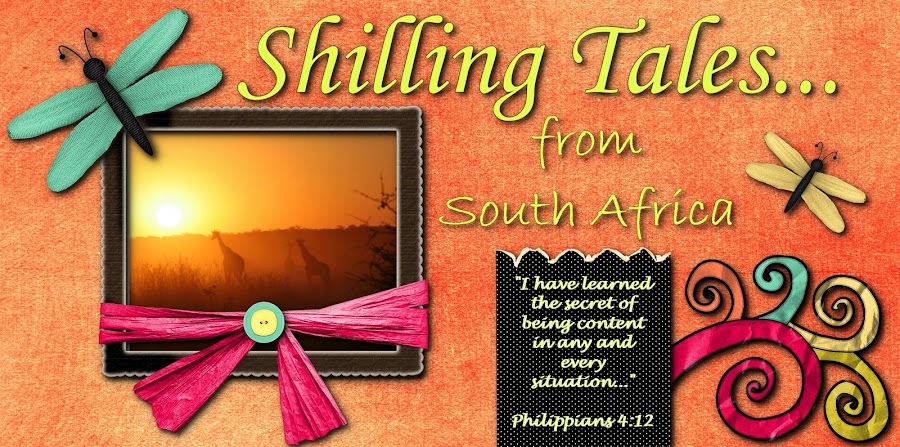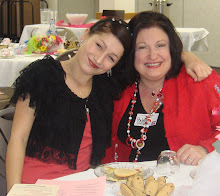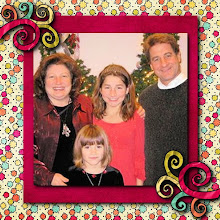
The Southern Masked Weaver is a facinating bird to me. I can see these birds making their nests outside our kitchen window here in Johannesburg, South Africa.
After doing some research, I learned that, the Southern Masked Weaver is resident throughout southern Africa and across a wide band just below the Sahara. It’s found in a wide range of habitats, including shrubland, savanna, grassland, open woodland, inland wetlands and semi-desert areas. It also occurs in suburban gardens and parks.
If you’ve ever heard a weaver ’sing’ you’ll know that the verb ’sing’ hardly describes the fizzes, squawks, and harsh swizzling notes these things make for hours on end.
Weavers typically nest in colonies, mainly from September to January, and males have several female partners. Remarkably they build a succession of nests, typically 25 each season, woven from reed strips, palm or grass - a massively time-consuming effort, but females are very picky about which nest they’ll lay in and the male needs to get it right!
Thoughts from Paulette
As I watched these birds outside our kitchen window, I thought about God and how he is the Weaver. As I continued to ponder on these thoughts, I found this recently on the internet written by Heike Werder called, "God the Weaver"
Psalm 139 speaks of God as the Weaver of life. We are God’s creation, God’s handiwork. And as the Weaver, God knows us, truly knows us – our moves, motives, thoughts, and processes. God is not repulsed by the knowing but seeks us out and finds us so that we will not be lost. God’s providential care surrounds us – guiding, protecting, instructing, encouraging. God’s creative power forms and re-forms us, from womb to tomb. Its force enables us to become what God desires us to be: whole, loving, gracious, and just.
By God’s power we are able to affirm ourselves as more than the sum total of our limits and failures. Instead we see the possibility and the hope that is present in each of us. We can claim the awesomeness and wonder of who we are – not out of conceit or grossly inflated self- egos, but in praise of God’s handiwork, which we surely are. As we submit to God’s perusal, we come to see ourselves more clearly and in doing so, to see ourselves and others as fearfully and wonderfully made. "Such knowledge is too wonderful for…" us to comprehend.
God is the Weaver of our lives. Yet as far as God is concerned, we are God’s handiwork in progress. We human beings are not yet finished. We are really "human becoming". Every day God tries to make us into the kind of people God would have us to be. Each day brings a new possibility of being able to add something to our already existing tapestry that will bring us closer to being completed persons.
At times we wonder where this tapestry of life takes us. There may be times when things are not happening. Especially when something in our lives happens that is distressing to us, we wonder, "How can this be part of our tapestry?" There are times when we say, "I don’t like my tapestry." or "I don’t like that piece that is in there," and we ask "why?" We might not like the color, the texture, or the shape. We might not like the disappointments, the pain, the losses that come with life. What then? It is at that very point that we need to remember Psalm 139 to realize that God is the weaver of our tapestry, working in and through every experience of our lives.
We don’t know what our final product will be; in fact, most of us are not even sure what tomorrow holds for us, but God knows. God is not obligated to share that information with us. It seems that it is our responsibility in this weaving together of our life’s tapestry that we are open to God’s plan and God’s will for us.
Jesus was acutely aware of God’s plan and will for him. As he entered Jerusalem on a donkey, he knew it would be his last journey to the holy city. On that day, the day of Palms, he was welcomed by the people like a king. A few days later he died in that city like a common criminal. Jesus knew what God’s plan was for him. Jesus’ tapestry was woven already from the very beginning. Different fabrics - of compassion and passion, wisdom and encouragement, empowerment and transformation, laughter and weeping, healing and wholeness, death and resurrection – were woven into his tapestry by God. There were moments Jesus could have said, "I am not the one, the Messiah. You are all mistaken!" and gone back to his father’s carpentry business. He could have turned away from the challenges and the pain that lay before him. But he did not. He became the person God meant him to be. In a way, his tapestry got almost finished. As we know it received its finished touch three days after his death with his resurrection.
What does this all mean for us, today? God is not finished with all of us. The weaving of our lives and faith goes on. New experiences will come our way that are greater and more challenging than most have so far experienced. If we want our faith to go with us and help us deal with those challenges, we have got to keep at it. Living in and keeping our faith is a lifelong mission that will need our attention always.
God is in control. We don’t like to be not in control – of our life , our destiny, our future. We don’t like the word. We might feel better thinking that we have the key to our destinies in our pockets. Yet life rarely turns out the way we plan it. And when things really go wrong we are devastated, and we wonder if God is really there, watching over us and protecting us.
God has a plan for our lives – living our lives in wholeness and sacredness. In order to figure out what that looks like, we have to be open to God. To be open to God means staying in touch with God through prayer, a community of faith, and activities that connects our hearts and minds to God. And, we have to trust that God will do what God promised to do – to care for and to love us unconditionally. That kind of trust is called faith. Our lives are an example of the living God in Christ.
Through all his teachings Jesus taught us the most important lesson: if we want to follow him, we cannot remain neutral. We cannot sit on the fence and do or say nothing when we see a person being discriminated against or disvalued, or when creation is abused, when our Christian faith is questioned or ridiculed. We cannot, carrying the name of Christ in our heart, remain neutral.
God is the Weaver, and we are God’s handiwork. We are God’s work in progress. And so is everybody else around us. Let us be careful not to refuse the many opportunities our God offers us so to grow and change.
A poem by Alfred Wooler, called “Life’s Weaving”:
My life is but a weaving
Between my God and me;
I may choose the colors,
He knows what they should be;
For He can view the pattern
Upon the upper side,
While I can see it only
On this the underside.
Sometimes He weaveth sorrow,
Which seemeth strange to me;
But I will trust His judgment,
And work on faithfully.
‘Tis He who fills the shuttle,
He knows just what is best,
So I shall weave in earnest
And leave with Him the rest.
At last, when life is ended,
With Him I shall abide,
Then I may view the pattern
Upon the upper side.
Then I shall know the reason
Why pain, with joy entwined,
Was woven in the fabric
Of life, that God designed.









No comments:
Post a Comment